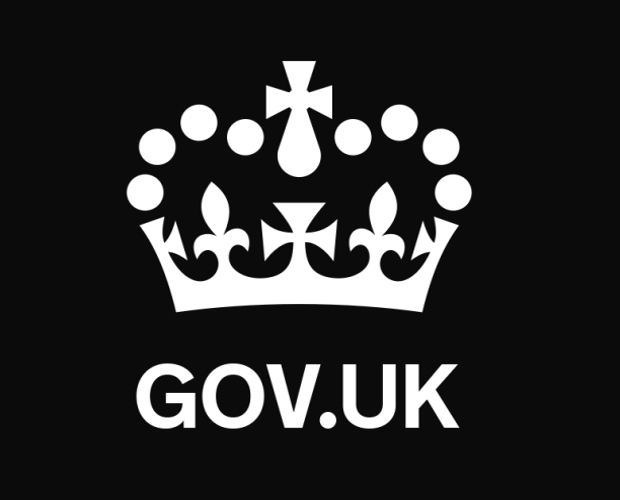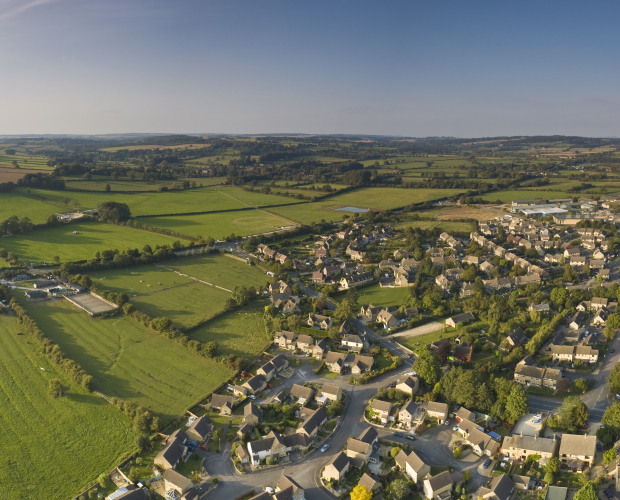T: 01822 851370 E: [email protected]
Visit RSN Survey about life in rural England to find out more.
Last week, the Rural Services Network (RSN) brought together 52 rural housing and planning experts to help shape our formal response to the Government’s consultation on proposed reforms to the National Planning Policy Framework (NPPF). With the consultation deadline fast...
The County Councils Network (CCN) has warned that local authorities across England, especially those in rural areas, are facing an unprecedented financial crisis. The majority are set to significantly increase council tax, a measure intended to protect local services and...
The Rural Services Network is the national voice for rural areas, campaigning on our members behalf for a fairer deal for rural communities. The consultation on the way that Government allocates funding for rural councils closed yesterday. However, you can...
The Rural Services Network has yesterday submitted its response to the Provisional Local Government Finance Settlement consultation. This followed a meeting of local authority Leaders, Senior Councillors and Senior Finance Officers in SPARSE membership of the Rural Services Network, those...
The Provisional Local Government Finance Settlement was released on 18th December setting out the funding for Councils for the financial year 2024 to 2025. The consultation on the settlement runs until 15th January 2025, leaving councils little time to respond...
The Office for Local Government (Oflog) has outlined its next steps on new draft metrics at local authority level. Earlier this year Oflog was established to consider the government’s approach to data at a local level with a view to...
The Government has announced that following an information gathering exercise earlier this year, it is now transferring the core functions of the Local Enterprise Partnerships (LEPs) to local councils. Whilst the LEPs will no longer exist in their current form,...
Research, completed by the Rural Services Network has shown that Urban Councils budget to spend double that of rural councils on discretionary services per head for the year 2023 – 2024. Rural authorities have long suffered from underfunding by successive...
In a recent blog, Deputy Director of the Public Sector division at the Office for National Statistics, Jessica Barnaby, highlighted the growing need for a more granular breakdown of geographical data. The blog states that: “since 1997, successive governments...
The Government have announced a new Air Quality Strategy which will provide a framework to support local action to improve air quality They are seeking views on a revised Air Quality Strategy which outlines how councils in England should use their existing...
NEWSLETTER
Sign up to receive all our latest news and updates.
HOT TOPICS
Amid reduced public spending, fair resource allocation across regions is crucial. Despite a population larger than Greater London, rural areas receive significantly less funding for essential services, even though delivering these services in rural areas is more expensive.
Economic growth is widely acknowledged as essential for national wealth and prosperity and is a priority for political parties. Rural economies, employing millions and home to a higher proportion of small businesses, have potential for growth if barriers are removed.
Rural residents face distinct healthcare challenges, including limited access to transport, longer distances to medical facilities, an aging demographic, housing inadequacies, digital connectivity gaps, and difficulties recruiting health and care workers.
Rural communities are grappling with a severe affordable housing crisis, marked by high house prices, a lack of affordable housing, elevated living costs, and lower incomes, threatening their sustainability and vitality.
Transport is vital for the quality of life and economic health of rural areas, yet it faces challenges such as infrequent public bus services and less Government funding compared to urban regions.
Rural areas, encompassing a substantial portion of England's population and land, play a pivotal role in combating climate change and achieving the net zero target.
In an increasingly digital world, the lack of robust digital infrastructure in rural areas severely limits access to crucial services and stifles economic growth.
A future-focused vision for rural communities involves not just building the right homes in the right places but also ensuring thriving, sustainable communities.
SIGN UP TO OUR NEWSLETTER
Sign up to our newsletter to receive all the latest news and updates.









